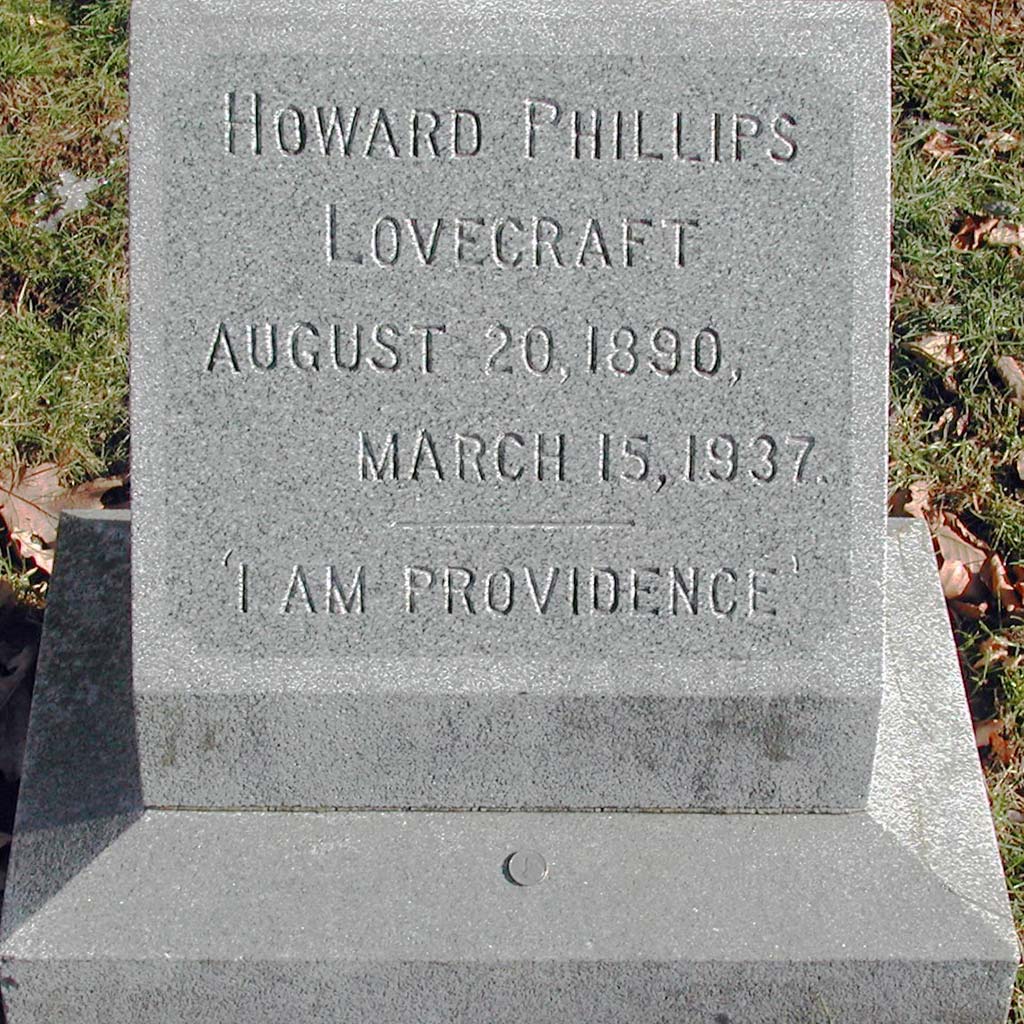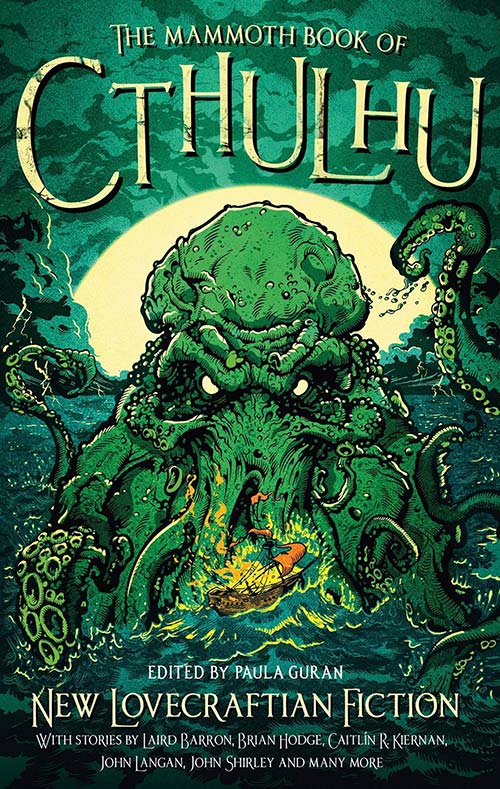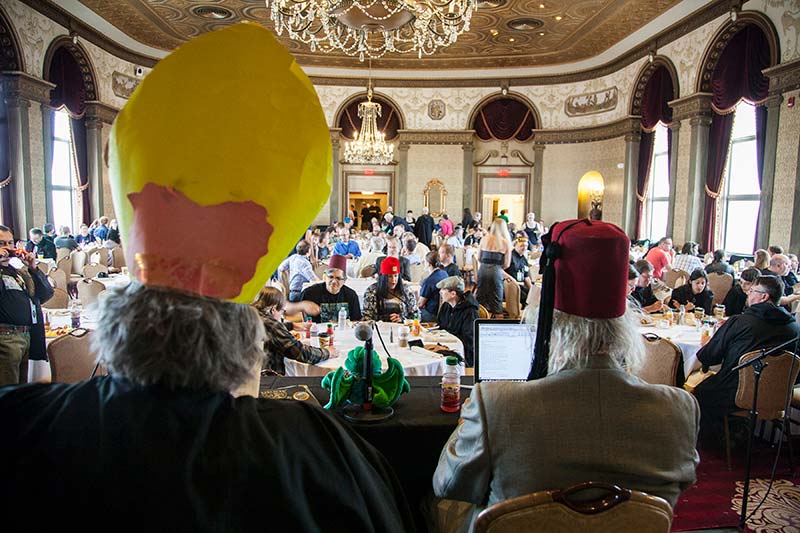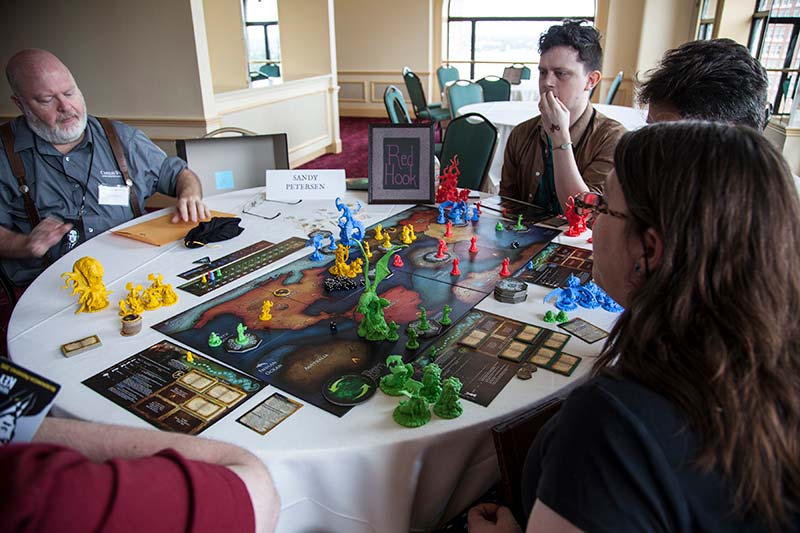I Am Providence: The Legacy of H. P. Lovecraft

In keeping with the trope of the starving artist, legendary horror and science-fiction writer H. P. Lovecraft was penniless and largely unknown at the time of his death in 1937. Born and raised on the East Side of Providence by parents who both suffered from mental illnesses, Lovecraft was forever altered by the fear-riddled and anxiety-provoking experiences of his childhood, eventually growing into the famously reclusive and uneasy man who would write such classics of the horror/sci-fi genre as The Call of Cthulhu, and Whisperer in the Darkness. Today, appreciation and influence of Lovecraft’s work can be found throughout pop culture, from Black Sabbath songs to episodes of South Park.

Lovecraft was influenced by his more famous predecessor (and Providence frequenter) Edgar Allan Poe, creating tales of weird fiction before the horror/sci-fi genre existed as such. Much of his work was informed by a lifelong fascination with the sciences—astronomy in particular—and major themes in his work include threats to civilization, dark and mythical beings, and occult-like underworlds.
It’s fitting then that Lovecraft has accumulated somewhat of an occult following himself, especially in Providence, where there’s an H. P. Lovecraft Memorial Square (Angell St. at Prospect St.) on the East Side, and where there are annual celebrations of his birth at The Ladd Observatory (210 Doyle Ave. 401/863-2323), and of his death at the Swan Point Cemetery (585 Blackstone Blvd., 401/272-1314). In 1977, fans placed a commemorative headstone at Lovecraft’s gravesite bearing the phrase “I AM PROVIDENCE,” a line from his extensive collection of personal letters.

In 2013, the first NecronomiCon Providence took place, billing itself as the “International Conference and Festival of Weird Fiction, Art, and Academia,” dedicated to exploring the life and works of Lovecraft and his contemporaries. Highlights include a Lovecraft walking tour, live performances inspired by weird fiction and art, a vendor hall, author readings, panel discussions, and a “Cthulhu Prayer Breakfast.” The festival takes place every two years during the third week of August to commemorate the author’s birthday, August 20, 1890.

